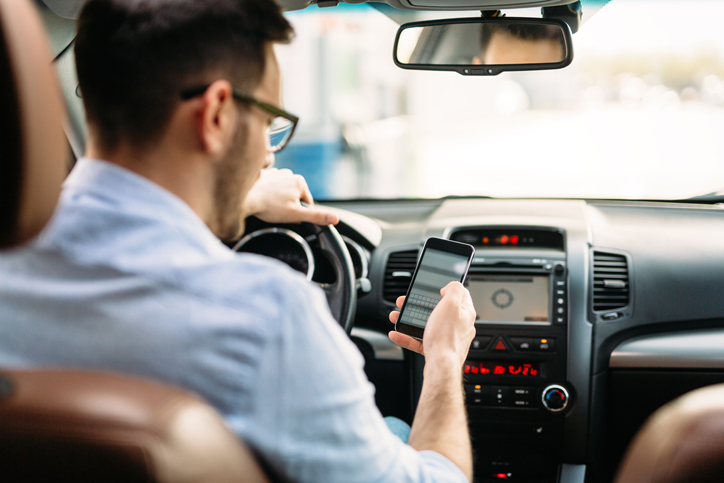According to the Center for Disease Control and Prevention (CDC), over 400,000 people each year are injured in crashes involving a driver who was distracted in some way. And, those numbers appear to be on the rise in North Carolina, hitting nearly 30,000 accidents last year alone.
Complexities abound regarding distracted driving laws, and many people don’t fully understand what’s legal—and what’s not. Our team at Wilson Williams Law can help you sort through the confusion and better understand your rights, if you’ve been injured by a distracted driver. We can also help you recognize behaviors that lead to distracted driving--and prevent you from hurting yourself or others.
Defining distracted driving
The National Highway Traffic Safety Administration (NHTSA) defines distracted driving as any activity that takes your attention away from the task of safe driving. Drivers can be distracted by talking or texting on a phone, eating and drinking, fiddling with the radio, by talking to other vehicle occupants, by pets or by people or events outside of the vehicle. Driving while daydreaming or lost in thought is identified as distracted driving.
Behaviors that lead to distracted driving
- Texting. In North Carolina, texting while driving also includes reading messages or glancing at your cell phone while in a moving vehicle. An interesting fact to note: A law enforcement officer can pull you over if they suspect you’re texting—they don’t need another violation in order to stop you. Additionally, North Carolina traffic laws completely prohibit under-age drivers (younger than 18) from using a phone while behind the wheel (unless they’re dialing 911 or their parents).
- Sleepiness. The NHTSA cites drowsy driving as the cause of over 100,000 car crashes and roughly 1,500 fatalities each year. If you’re feeling tired or notice yourself nodding off while behind the wheel, it is time to find a safe spot to pull over and get some rest. (Better yet, don’t grab the car keys unless you’re feeling clear-headed and well-rested.)
- Eating. Today’s culture pushes multitasking—if given the opportunity to combine tasks and save time, most of us will do so. Eating and driving is no exception. But, snacking while behind the wheel can quickly and easily become a safety issue. The NHTSA says that eating while driving can increase the chance of you experiencing a car accident by 80 percent.
- Alcohol, illegal substances, and some OTCs. Driving while impaired by drugs or alcohol causes nearly 30 deaths every day. That’s a staggering statistic, which is why it is so important to skip driving if you’ve had a drink or two. Additionally, certain prescription medications and over-the-counter medicines can also lead to impaired driving. (For example, medications that make you sleepy or may influence your vision or reaction time. Most of these medications carry a warning label outlining if you should avoid driving or operating heavy machinery.)
Were you injured by a distracted driver in North Carolina?
If you or a loved one has been recently injured in a car accident that may have been caused by a distracted driver, we can help. As a possible victim, you may be entitled to compensation. Please give us a call today at (888) 253-4071. We look forward to helping you get the support you deserve and helping you best manage your accident and recovery.
Note: This blog is intended to be informational only and shall not be construed as legal advice.


